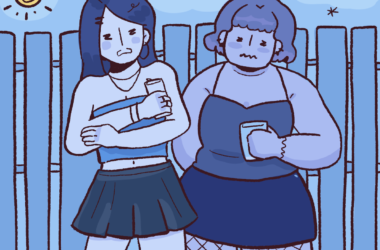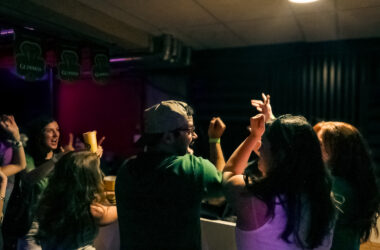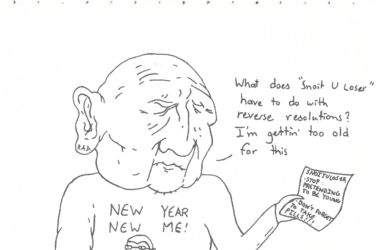From composing an email to plagiarizing an assignment, ChatGPT can do it all—and with impressive quality, surpassing the average AI bot. The caveat is that it’s very difficult to detect its use. ChatGPT’s impressive generative skills pose a novel problem for the world of academia and are bound to change the nature of academic work at McGill and other universities, as early as today.
Launched by OpenAI in November 2022, ChatGPT is a chatbot that provides intellectually
complex answers to every conceivable question you throw at it. Its ability to instantly generate creative writing, historical information, and scientific data is revolutionary; experts believe it is only a matter of time before it replaces old-fashioned search engines, which only provide a list of relevant hyperlinks. Such advantages make its appeal to students perfectly clear.
Bettina Kemme, a computer science professor and researcher at McGill, expressed her concerns about this new software in an interview with The McGill Tribune.
“The tricky thing is that the chatbot can provide different results when asked the same question. This would create a significant problem,” Kemme said.
McGill students like Jesse Sutherland, U1 Science, are already encounteringChatGPT’s influence in the classroom.
“My bio professor makes questions that you can’t find the answers to online. Now he was joking about how he has to check all the questions on ChatGPT before setting an assignment,” Sutherland said.
For the moment, Kemme––and the McGill administration––have left the onus on students to not abuse the platform.
“[There has] always been a minority [of students] that [have] plagiarized. As long as the proportion does not increase, it won’t be a problem, otherwise, the university has to have a discussion,” Kemme said.
The Dean of Students reinforced this stance in a Jan. 15 email to students, saying that this software is a great tool for “preparing a summary of information for yourself,” but that it should not be used for assessments. Still, the question remains: How will the university keep track of all this?
Such concerns also surfaced in conversations with students, some of whom, like Mohamed Elsamadouny, U2 Software Engineering, offered potential solutions.
“While it may not be possible to check for plagiarism, there are several AI applications that can detect whether certain text[s] [have] been generated by other AI,” Elsamadouny said.
These apps, including GPTZero, recently developed by a Princeton University student, and Content at Scale and are showing promise at identifying works potentially produced by ChatGPT.
Another consolation is the technology’s occasional susceptibility to errors. ChatGPT can generate incorrect information or reproduce content laden with biases. For a student in a rush or desperate for answers, these responses could be taken as truth or as fact. Students should be wary and use the software for inspiration rather than plagiarism.
All of this is not to say that ChatGPT has solely caused alarm. Shifting from coursework to real-life implications has had many positive impacts. One example is its usefulness in the job and internship market, where the platform seems to have garnered great popularity amongst students in need of cover letters, resumes, and professional emails.
Alberto Garcia, U2 Arts, praised the chatbot for its ability “to provide a working skeleton and structure upon which you can build.”
The chatbot produces decent working models for cover letters that are personalized to one’s CV and the particular requirements of a position. This eliminates the daunting aspect of simply getting started on an application.
Students have also found the bot helpful in running a business. Ahmad Darraj, U2 Management, told the Tribune how his friend found ChatGPT useful in helping to “develop the webpage for his cat litter business.”
Others have used it to navigate delicate social situations. U0 Software Engineering student Nicolas Saade told the Tribune that he used ChatGPT “to write a thoughtful letter [to a McGill club] explaining his reasons for leaving in a way that would not hurt [his] team members.”
The advent of ChatGPT simultaneously calls for a reimagining of evaluation methods while nourishing several different aspects of student life. McGill’s policy at the moment seems to advocate for self-policing of the software’s use and the imperfections in the technology might just guarantee that…for now.









